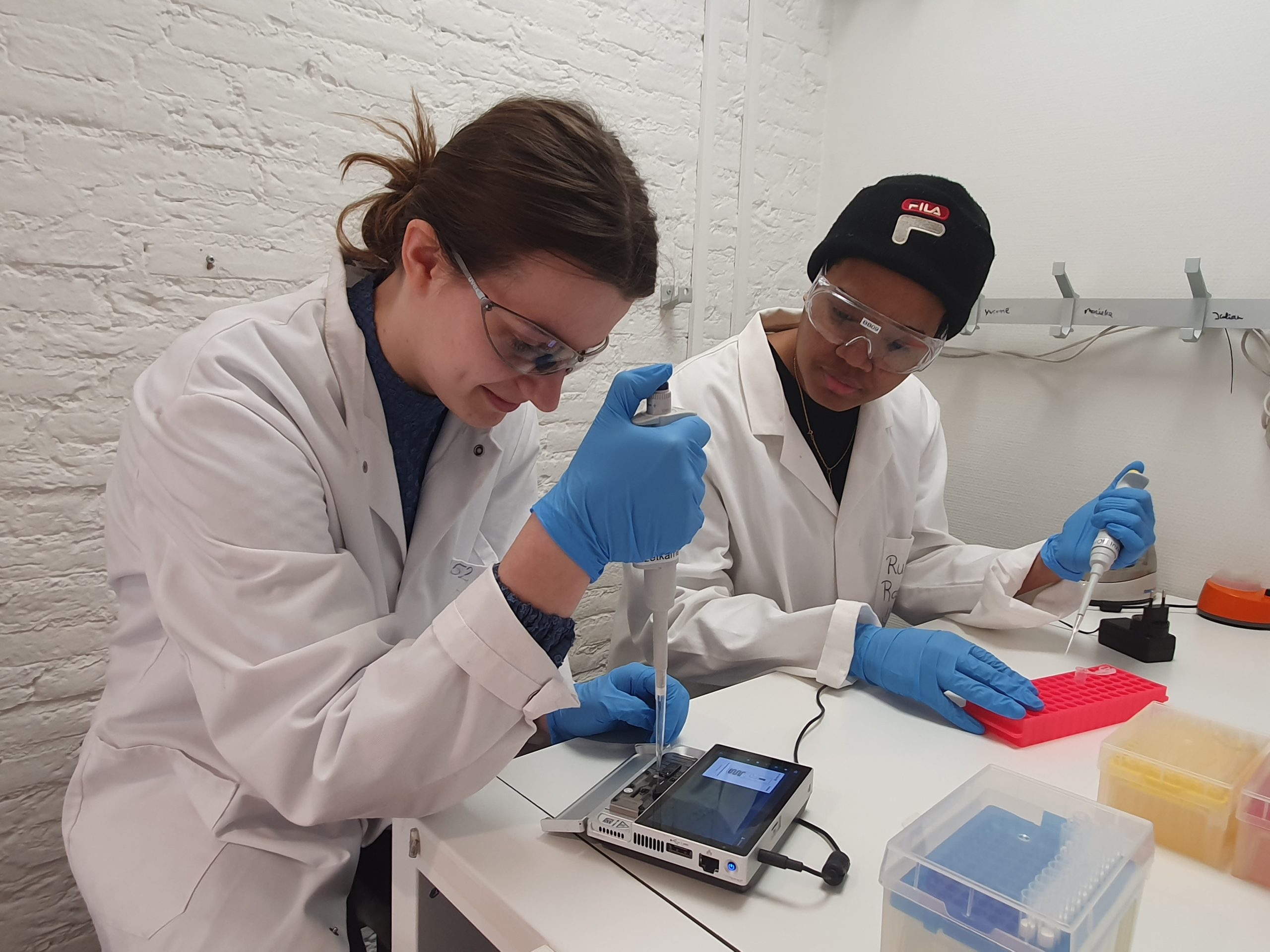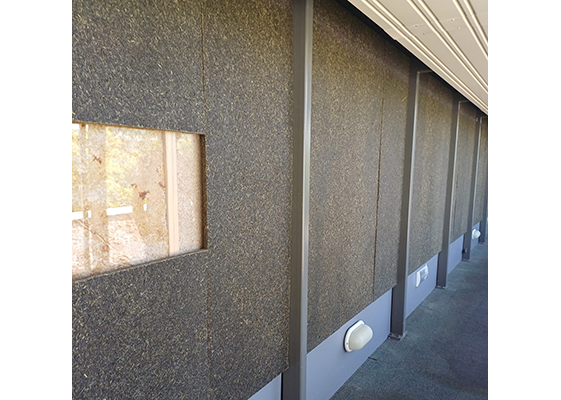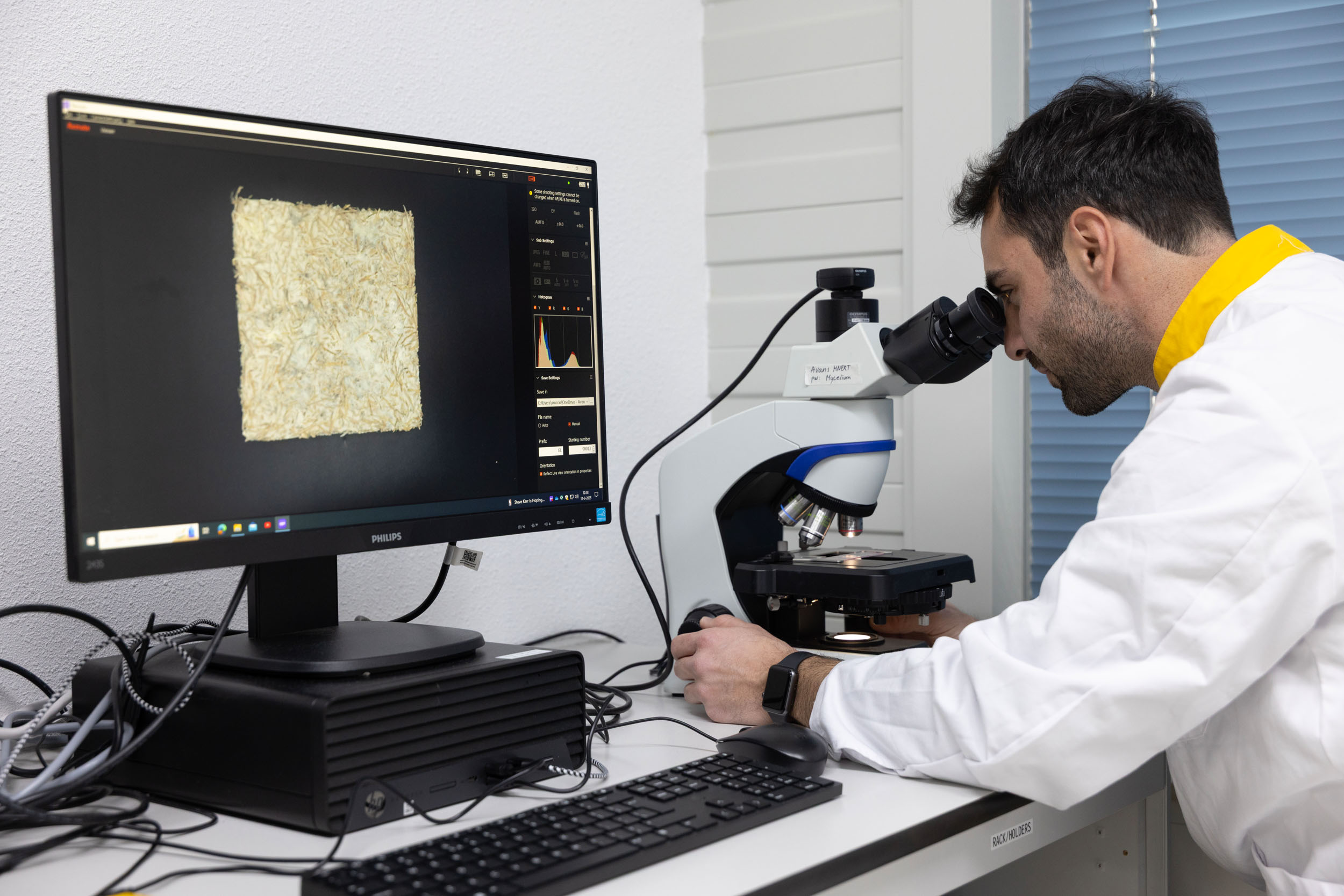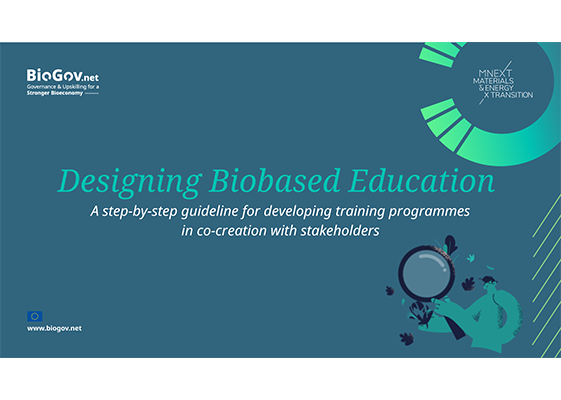On the picture: left: Laura Smolders, right: Rubiëla Rosalia
Back to monomers
What do the biochemical processes look like here? Plastics consist of large molecules called “polymers”. Polymers consist of particles strung together like a kind of chain. We call these individual particles “monomers”. In the plastic waste biochemical recycling process, enzymes break down polymers into reusable monomers from which new products can be produced. Recent research has shown that microbial enzymes can cause the degradation of PET and PU. Fungal species can produce these plastic-degrading enzymes through fermentation. A molecular monitoring method – RNA sequencing, in this case – can be used to observe exactly how fermentation is progressing and when the right composition is reached.
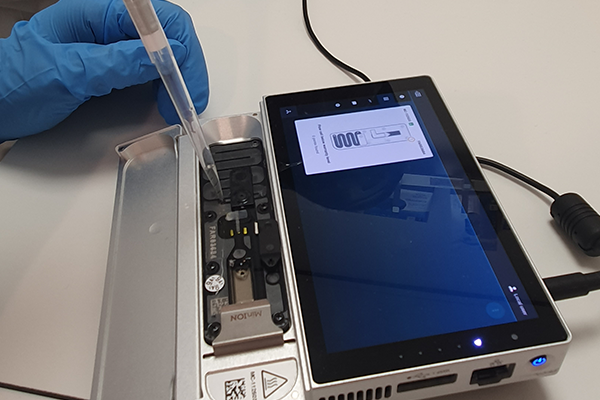 Monitoring
Monitoring
RNA sequencing can be used to take a snapshot of the enzyme production process within the cell itself. Once you have this information, you can monitor the process of enzyme production. It also helps with predicting the amount of reusable monomers. The downside is that purchasing older RNA sequencing platforms is expensive – €2 million – which is not feasible for most companies. Each round of analysis can also take up to six weeks to complete, and the involved datasets are very large, meaning only experts can work with them. To address this, CoE BBE and Ginkgo Bioworks have developed an affordable and semi-real-time molecular monitoring system to optimise the process design of the fermentation process of plastic-degrading enzymes.
New method
What is so special about this new method?
Miaomiao Zhou, Researcher Lectorate Biobased Building Blocks & Products, CoE BBE, explains: “The great added value is that the method we selected only requires an investment of €5,000 instead of €2 million. One of our designs is even able to carry out four different tests simultaneously. This makes a huge contribution to cost and time. Results can now be read within 20 hours, which is quite a lot shorter than six weeks. This helps enzyme-producing companies improve their work. Consequently, enzyme-based biochemical recycling could be made much more accessible for companies and can be used intensively.”
Ginkgo Bioworks provided the study with samples and expertise. The results of this project are very important for them as a developer of platform technologies for industrial microorganisms and production processes for biotechnological applications.
Peter Punt, Ginkgo Bioworks: “We had a great time working with the researchers at CoE BBE, and we are pleased with the results. The results provide insights into new high-throughput technologies to unravel complex processes in fungi. In the long term, this will not only lead to gentler recycling methods but also to a greater understanding of how biodegradable materials should be designed.”
Together with education
With the support and under the supervision of CoE BBE and Ginkgo Bioworks experts, five interns did an excellent job designing, conducting and optimising experiments. Taking part in this kind of hands-on research project has empowered these future bioengineers to continue in this line of work.
Laura Smolders, Avans Biomedical Laboratory research graduate: “Participating in this project was a lot of fun. I learned a lot, and it feels good to have contributed to the results we achieved. I want to develop further as a bioengineer in the near future, so I’m currently pursuing a master’s degree at Radboud University.”
The topics of plastic biological degradation, RNA-seq molecular monitoring, fungal biology and production strain improvements have been given a significant place in education through guest lectures and the sharing of experimental protocols.
In conclusion, biochemical recycling using microbial enzymes is one of the most sustainable solutions for reducing the growing problem of plastic waste. With this project’s research results, this method of producing recycling enzymes may become viable for companies. New projects around this theme have already been initiated, so watch this space!
This research was conducted in a KIEM GoChem project run by Regieorgaan SIA.




